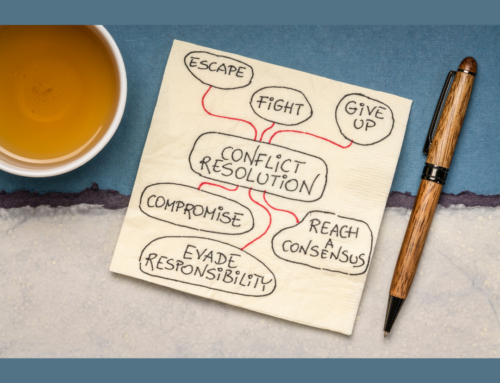“The measure of a man is what he does with power.”
–Plato
 Ever worked for someone you didn’t like, but you respected their position? I have. (Also, don’t raise your hand or give away any nonverbals if they are sitting right beside you as you read this!) Obviously, we understood the power that went with that position.
Ever worked for someone you didn’t like, but you respected their position? I have. (Also, don’t raise your hand or give away any nonverbals if they are sitting right beside you as you read this!) Obviously, we understood the power that went with that position.
Power in the workplace can be tricky, especially when you are promoted into more demanding positions, and even more so when you have lived in daily instability for multiple generations. Understanding the difference between personal power and the power you hold in your professional role can make a huge difference in your ability to continue to be successful and promoted.
When you are an entry-level employee, what does power at work look like? Usually you are a member of a group, relationships and being liked are important, and power impacts you personally. Power can be very emotional in this setting. Because decisions are based on relationships in this environment, entry-level employees may view power as a barrier. Employees may feel they are victims, polarized to either/or, afraid of losing relationships or that the group will not have their back.
When you are a supervisor or a manager, power looks different. Now the power is about being in charge based on your professional position. Now you exercise your power for the good of the business. Power is used strategically, as a part of the goals and missions for the business. It is more abstract as it impacts in a larger way—it isn’t personal, it is business. We seek respect with our power. Sure, we want to be liked in our role as well. When achievement is the driving force, power can look like an opportunity. A manager can use power to solve problems, view different scenarios and options, gain relationships and respect, and know that success and expertise will be at their back.
When you appoint a supervisor who has lived generations in daily instability, create time to mentor on what power looks like in this new role. Understand that because of the environment of daily instability, that new supervisor may not have had the life opportunities to view power in terms of a position. It could be that personal power is the only power this person has ever had. Mentoring should focus on relationships and achievement and how the mindset needed for this new position might be different. Have discussions about the voices (child, parent, and adult) and nonverbals we use with our power and how that affects respect and relationships. Know that there might be some issues around power in the promotion process. When we know issues might arise, we can prepare for them with mentoring before it happens. Power on.








